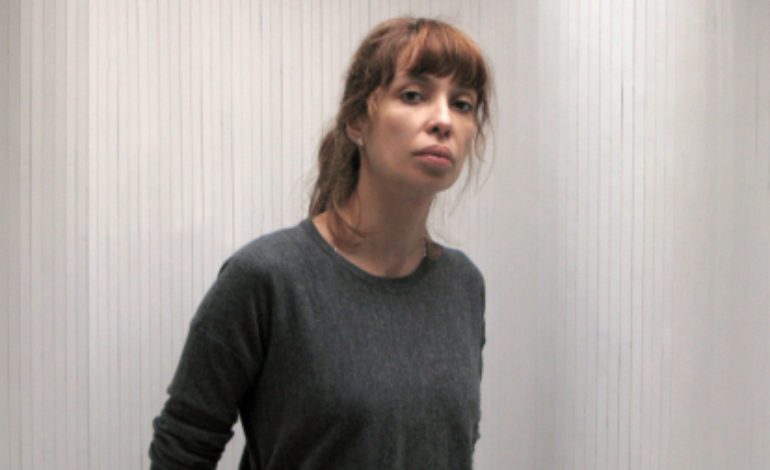

Variety reports that Bulgarian director Ralitza Petrova is readying her second feature Lust to be presented during the Sarajevo Film Festival’s CineLink co-production market over the next week. Petrova previously won the Locarno Film Festival’s Golden Leopard in 2016 with Godless.
Lust was produced by Poli Angelova and Petrova for Aporia Filmworks in collaboration with Screening Emotions. The film centers around fortysomething Lilian, who returns to her native Bulgaria in the wake of becoming her estranged father’s heir. She wants nothing to do with his legacy, but a near-death experience forces her to address her life-long fear of commitment as her departure is delayed.
Petrova tells Variety that, “All the characters interacting throughout the film are more or less incapable of receiving and reciprocating love. But there is a possibility for an awakening,”
The film will also have a sexual nature, with Petrova planning to explore the world of BDSM in the story by debunking common misconceptions about the community. She is not a practitioner herself, but she says that BDSM is “an experience of liberation”, with consent being respected and a method of healing certain psychological traumas. The father of the main character practiced BDSM as a way to experience a real connection, which Petrova wanted to dive into.
Additionally, she seeks to celebrate the female gaze in the film, especially when it comes to shooting the sex scenes:
“I would like to shoot them with blunt honesty and truthfulness. I am very sensitive to how women are being portrayed and I am bored of seeing them objectified all the time: I want to empower the female body and show sexual experience through their point of view… We, women, aren’t sexually empowered just yet, or empowered at all… The truth is, we don’t know female pleasure. It has been so repressed, with films, fairy tales, and even children’s books permeating the narratives that deprive the female archetype of its primal nature. We should all be feminists,” she says, echoing Chimamanda Ngozi Adichie’s words. “It’s about human rights, full stop.”
In a way, Petrova also wants to pay homage to her own life experiences, describing Lust as a “spiritual film” and wanting audiences to take what resonates into their own lives, healing from trauma and pain however they see fit.
“When you inherit a certain narrative and it’s all that you have ever known, it’s hard to break away unless something shakes up your whole system. I would like the audience to leave the cinema feeling that it’s not about power – it’s about being able to honor the trauma that we have all caused each other and to connect through our mutual pain.”
